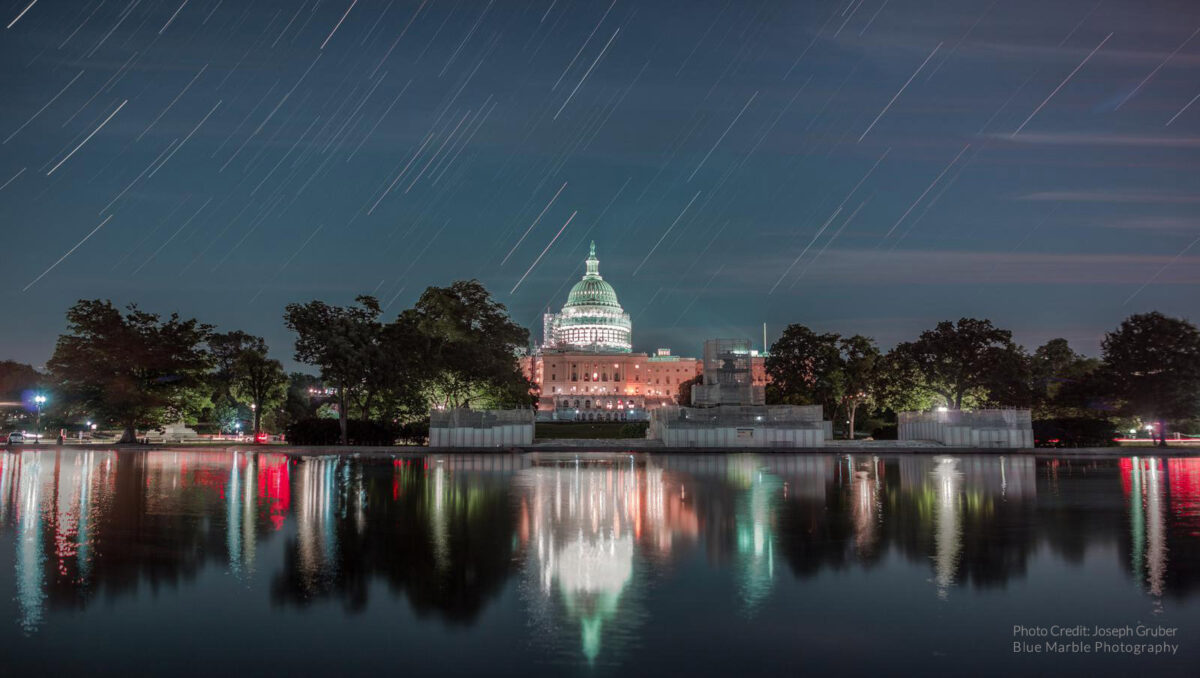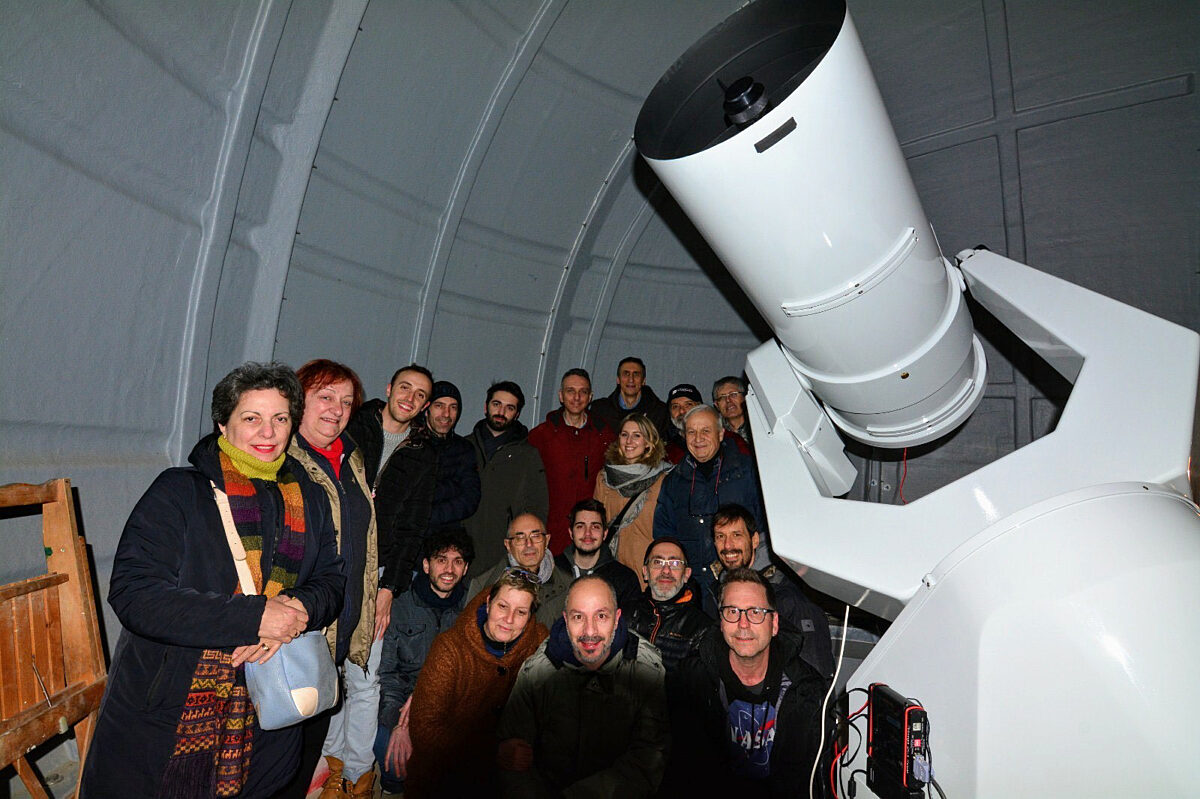The Space Advocate • Jun 08, 2022
The Space Advocate Newsletter, June 2022
From the Chief Advocate

Asteroids are like viruses: they number in the billions but only a few are harmful. And though an unlikely event in any single lifetime, eventually a variant will threaten humanity.
Fortunately, as a scientific species, we can prepare for such scenarios in advance. Millions of lives were saved from COVID thanks to decades of investments in mRNA vaccines and public health infrastructure that enabled rapid vaccine development.
With such a fresh experience enduring the consequence of a low-probability, high-impact disaster (the pandemic), you’d be forgiven for thinking it would be easy to secure funding to prepare for another such disaster: asteroid impacts.
It is not.
Case in point: in its 2023 budget request, NASA wants to slash funding to the keystone of its planetary defense strategy — the asteroid-hunting space telescope, NEO Surveyor.
Originally slated to receive $170 million next year and launch in 2026, NASA instead proposes a brutal $130 million cut to the program, delaying it by years and increasing the project’s total cost to the taxpayer.
NASA’s proposal is at once baffling and predictable. Baffling in that, after living through the worst global pandemic in a century, we’ve seemingly learned nothing about the value of preventative investments against existential threats. And predictable in that, in the face of tight budgets, NASA sought cuts in its newest, smallest, and therefore institutionally weakest part of its planetary program: planetary defense.
Yet few missions enjoy such broad support as NEO Surveyor. The National Academies of Sciences endorsed the mission in a 2019 report and again in the 2022 Planetary Science Decadal Survey, stating that “NASA should fully support the development, timely launch, and subsequent operation of NEO Surveyor." Public polling repeatedly ranks searches for hazardous NEOs as the top priority for NASA. Congress itself has demanded NASA find all threatening NEOs larger than 140 meters by 2020 — a deadline NASA blew past and won’t meet until the 2050s absent a dedicated space-based telescope.
Even more pressing, growing numbers of satellite mega-constellations will disrupt our ability to scan for NEOs with ground-based telescopes, a problem openly acknowledged by NASA. A space-based mission is the only way to avoid this problem.
The Planetary Society strongly recommends to Congress that funding be restored for NEO Surveyor next year. If you live in the United States, you can use this easy form to contact your own representative. Let’s not ignore the lessons of the recent past for the seductive expediency of the moment.
Until next time,
Casey Dreier
Chief Advocate
The Planetary Society
Help us defend the Earth

Our Shoemaker NEO grants fund astronomers around the world to search and characterize near-Earth objects. We also pursue advocacy work to secure resources for new planetary defense missions. Our scientific and methodical approach takes time and resources — and that’s why we need help from friends like you!
Donate today to become a planetary defender. An anonymous donor will match your gift up to $15,000!
Space Policy Highlights

House committee questions proposed delay in NASA asteroid mission (spacenews.com) "Members of the House Science Committee used a hearing about the planetary science decadal survey to criticize a proposal in NASA’s budget request to delay work on a space telescope to track near-Earth objects (NEOs).

Appropriators praise NASA, but worry about overruns and delays (spacepolicyonline.com) "House appropriators who oversee NASA’s budget offered effusive praise yesterday for NASA’s space science, technology and exploration programs and aeronautics research, but pressed hard on the need to control cost overruns and schedule delays. As was true at the companion Senate hearing two weeks ago, Bechtel’s performance building Mobile Launcher 2 for the Artemis program was a particular target of concern."

NASA chooses two companies to build spacesuits for its 21st-century moonwalkers (arstechnica.com) "After more than a decade of work to develop a new spacesuit in-house, NASA said it would instead buy spacesuit services from two private companies, Axiom Space and Collins Aerospace. Each of these companies will be able to use technology NASA has worked on but are responsible for the overall development of the spacesuits used on the International Space Station and activities on the lunar surface. Axiom and Collins said they intended to demonstrate their spacesuits for NASA — likely in the form of a spacewalk outside the space station — by 2025. These will be NASA's first new spacesuits in decades."

Biden wishes Elon Musk ‘lots of luck’ on Moon trip that NASA is funding (theverge.com) "When asked about Elon Musk’s pessimistic attitude toward the economy, President Joe Biden made a dismissive little quip: “Lots of luck on his trip to the Moon.” It’s a funny aside — but there’s one tiny hitch. Technically, a good chunk of SpaceX’s funding to return people to the Moon comes from the Biden administration."
Planetary Radio: Space Policy Edition

Inside the Planetary Science Decadal Survey Process with Bethany Ehlmann
Caltech planetary scientist and Planetary Society president Bethany Ehlmann was a key player in the creation of the recently released recommendations that may guide solar system exploration for years to come. SPE host Casey Dreier talks with her about the process and approach that led to this influential document.


 Explore Worlds
Explore Worlds Find Life
Find Life Defend Earth
Defend Earth

